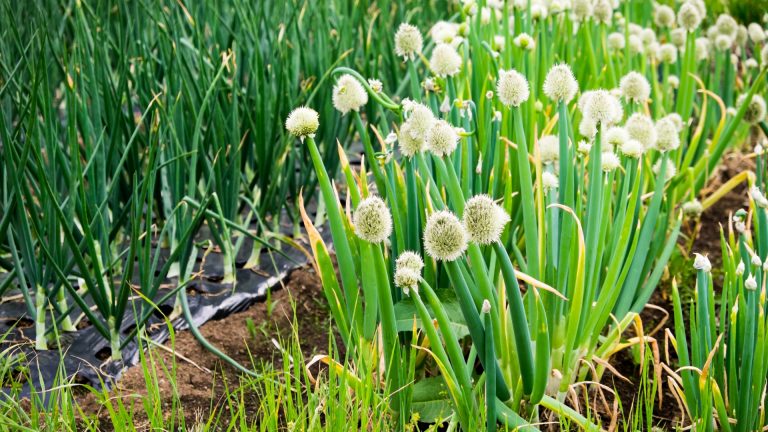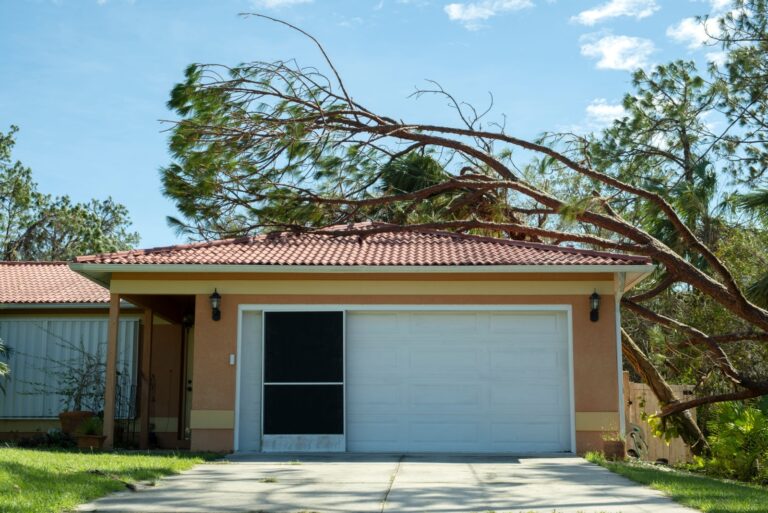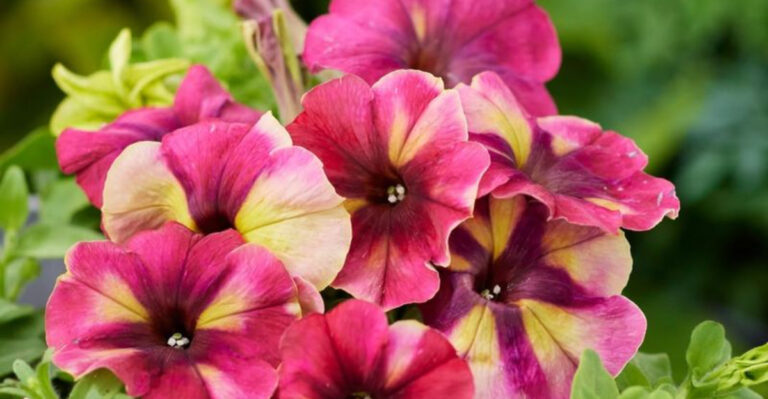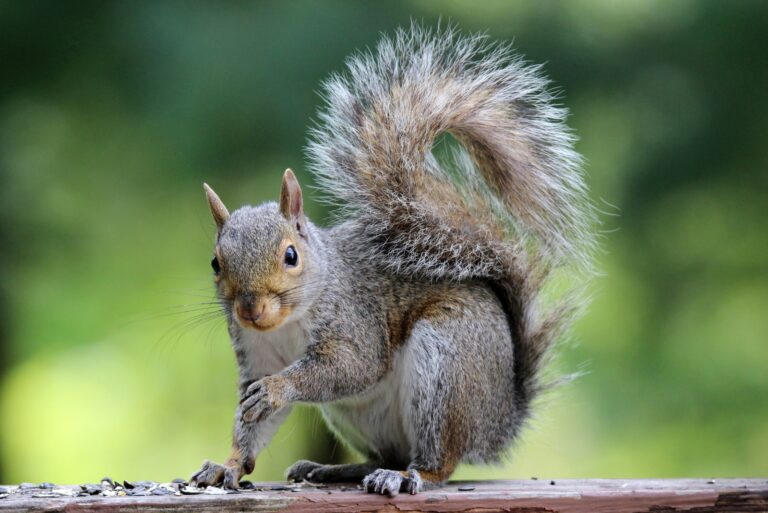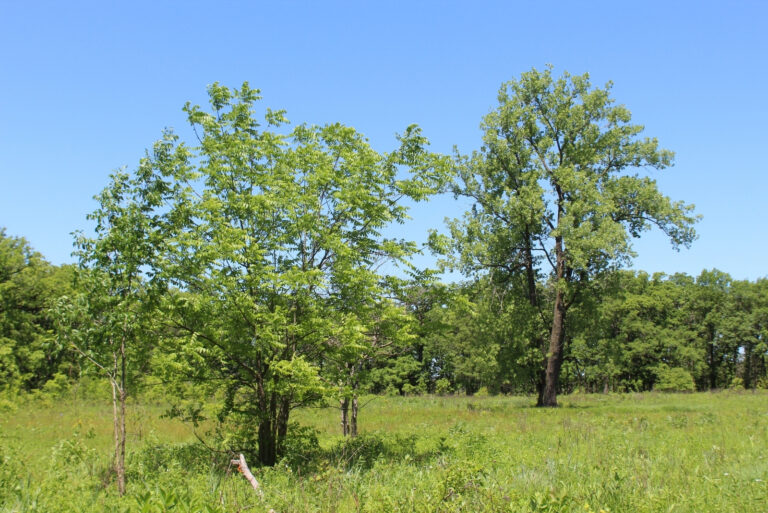12 Creatures Massachusetts Law Protects In Homes And Gardens
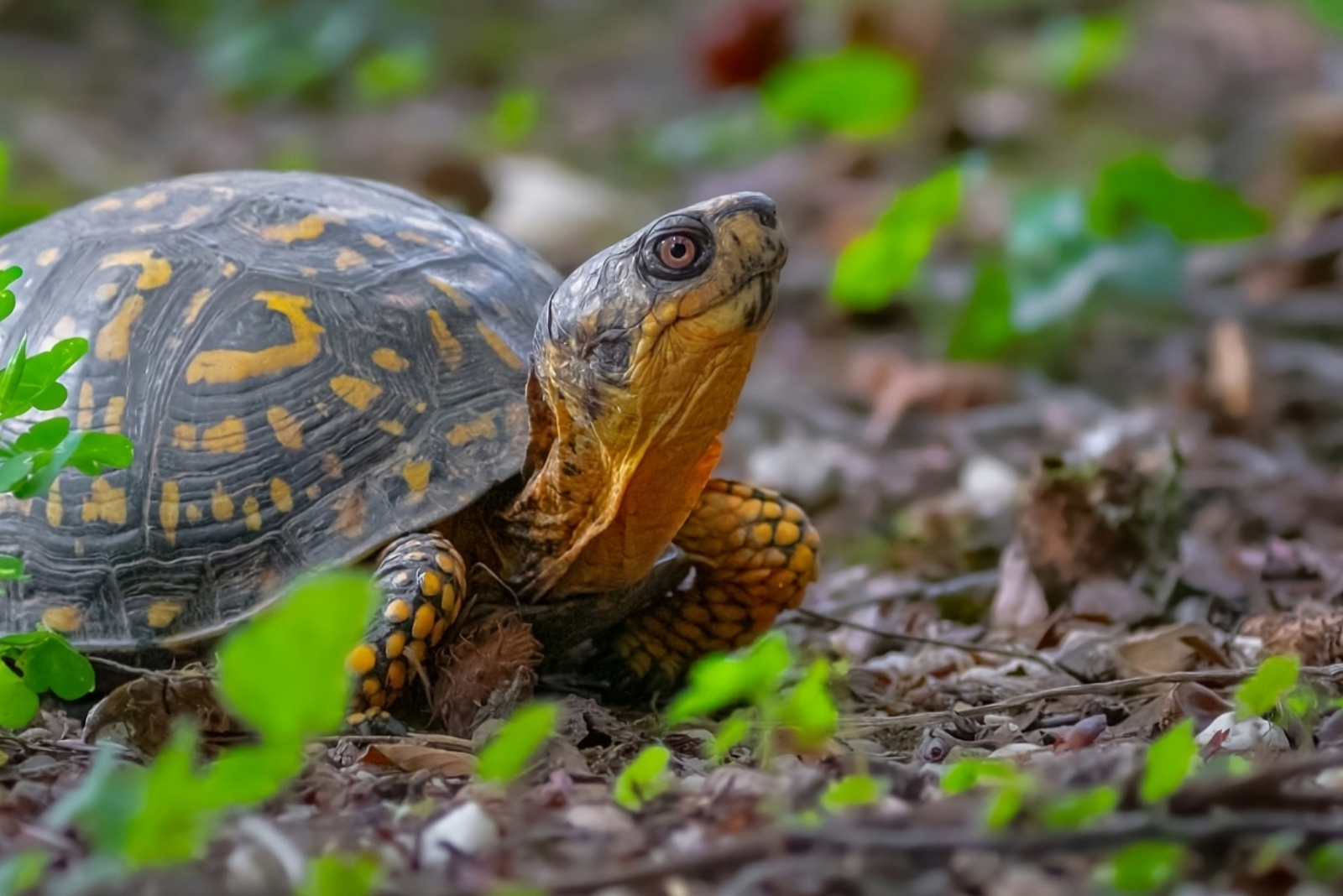
Some creatures in Massachusetts may look like everyday pests, but the law says you have to treat them differently.
From the garden to inside your home, a few animals are given special protection you might not know about. I’ve come across a couple myself, and it can be surprising what’s actually off-limits.
Let’s break down the creatures you’ll need to leave alone.
1. Eastern Box Turtles
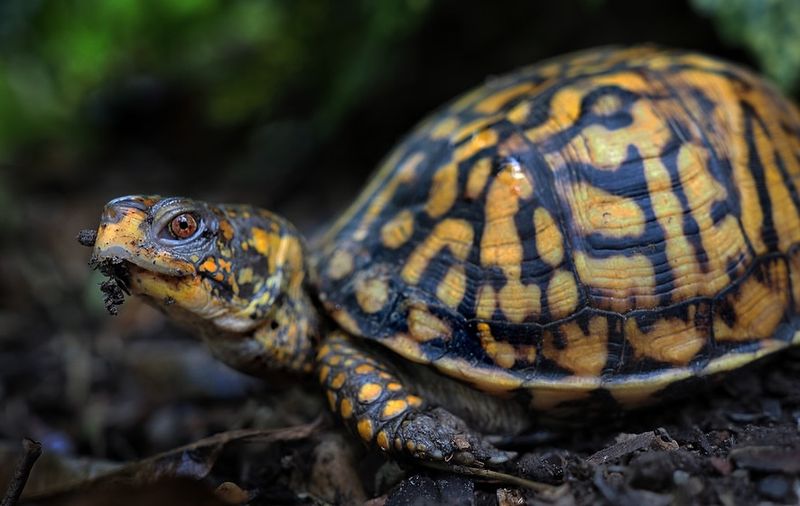
These slow-moving reptiles with distinctive domed shells are fully protected in the Bay State. Finding one in your garden is actually a sign of a healthy ecosystem!
Massachusetts law prohibits capturing, relocating, or harming these turtles, even if they’re munching on your strawberries. Their populations have declined significantly, making every turtle precious to conservation efforts.
2. Barn Owls
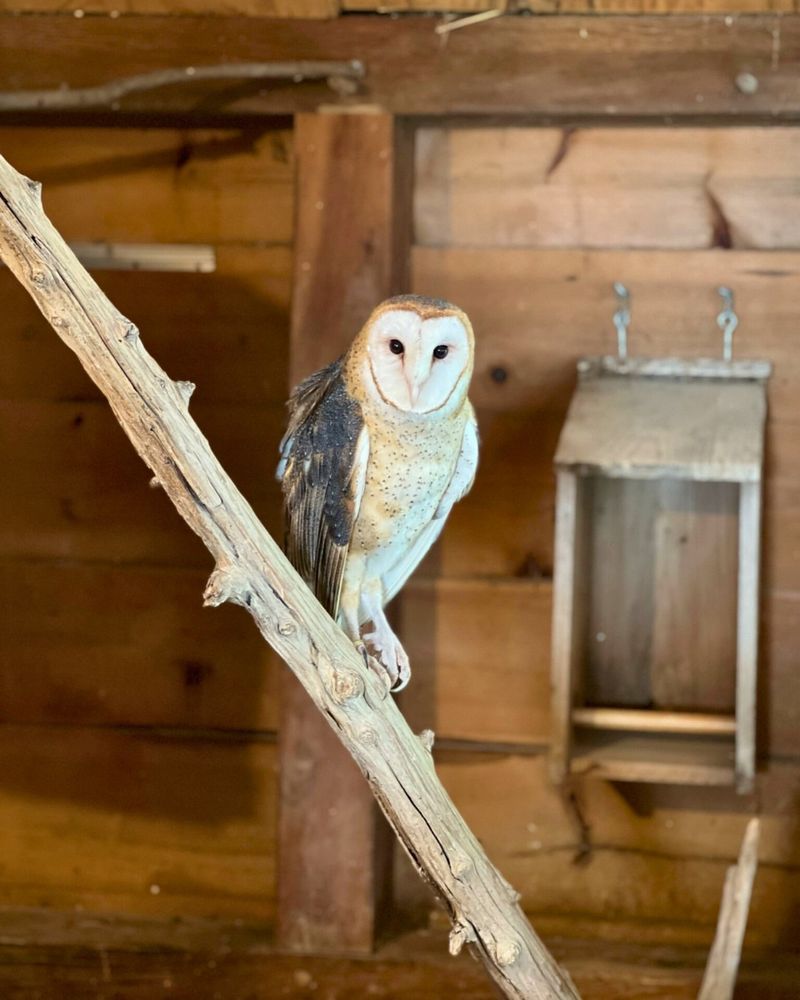
Silent nighttime hunters, barn owls help control rodent populations naturally. Their heart-shaped faces and ghostly appearance make them unmistakable visitors to Massachusetts properties.
State law protects these beneficial birds and their nesting sites, even when they choose your shed or barn. Many Massachusetts farmers welcome these feathered pest controllers by installing special nesting boxes on their property.
3. Spotted Salamanders
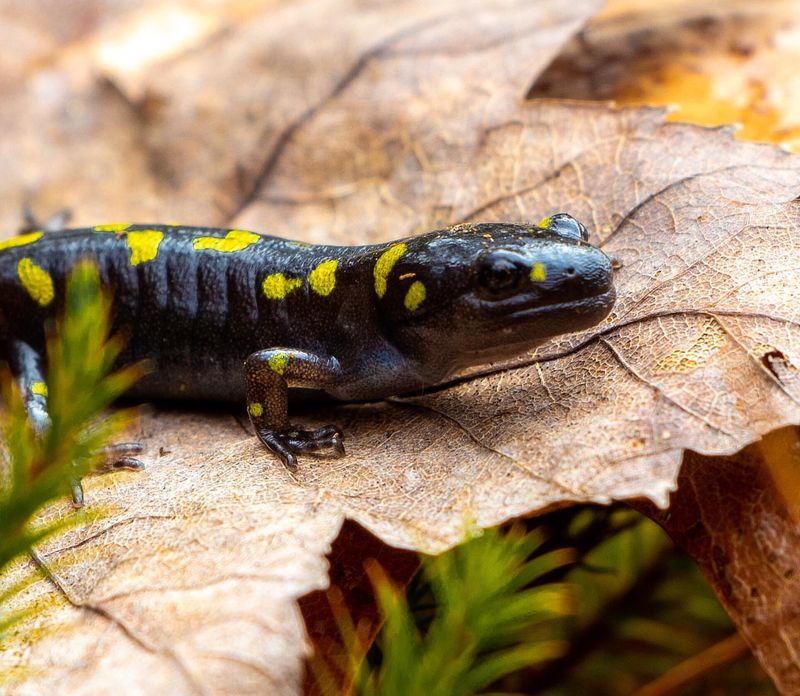
Bright yellow spots on a dark body make these amphibians easy to identify if you’re lucky enough to spot one. They spend most of their lives hidden under logs or underground in Massachusetts woodlands.
State regulations prohibit disturbing these salamanders or their breeding pools. Many Massachusetts communities even build special tunnels under roads to help these protected creatures safely reach their springtime breeding grounds.
4. Bats (All Species)
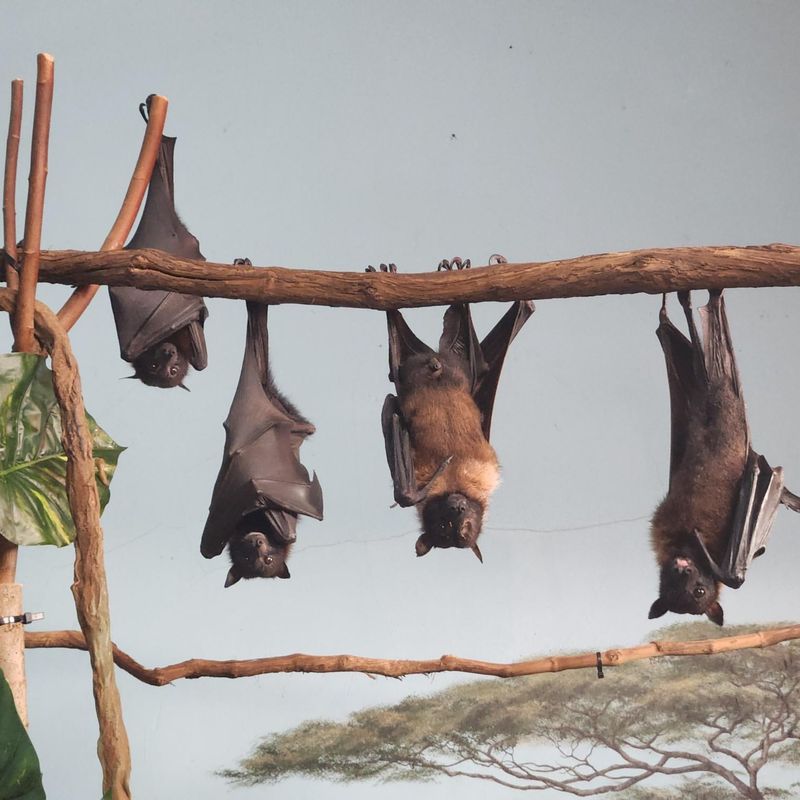
Nature’s mosquito control, a single bat can devour thousands of insects nightly! Massachusetts protects all bat species found in the state due to their ecological importance and population declines.
While you can’t harm bats that roost on your property, Massachusetts wildlife officials can help with humane exclusion methods during non-breeding seasons. Many homeowners now install bat houses to provide alternative roosts for these beneficial mammals.
5. Bluebirds
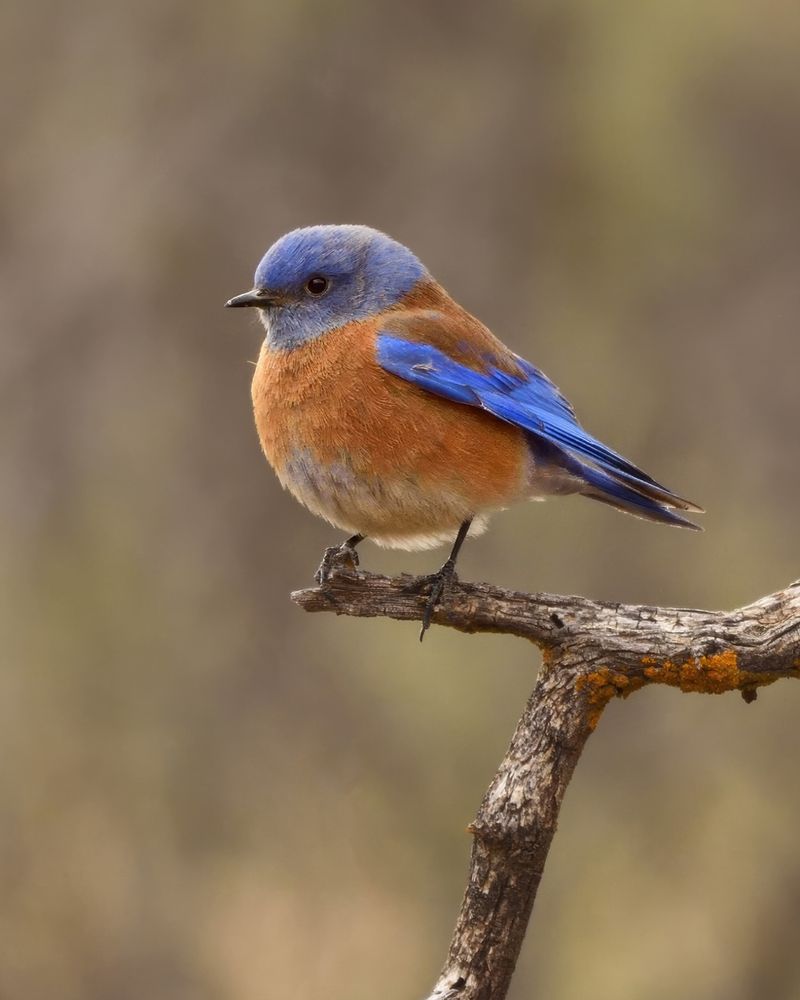
Brilliant blue feathers make these songbirds a welcome sight in any Massachusetts yard. Once declining, bluebird populations have rebounded thanks to conservation efforts and backyard nest boxes.
Massachusetts law protects bluebirds, their nests, and their eggs from disturbance. Many garden enthusiasts across the state participate in bluebird monitoring programs, tracking nesting success and helping protect these colorful insect-eaters.
6. Garter Snakes
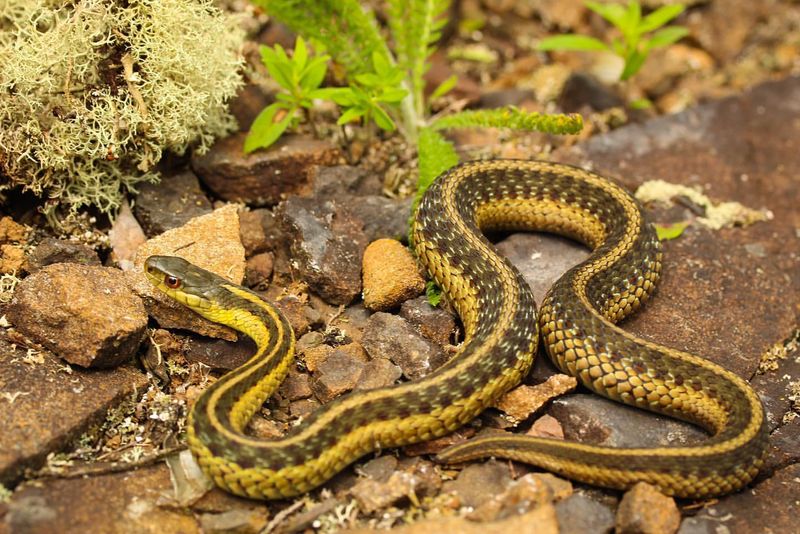
Often sporting yellow stripes along their bodies, these harmless reptiles help control garden pests naturally. Massachusetts law protects these beneficial snakes from being killed or captured on your property.
Garden enthusiasts throughout the Bay State often create rock piles or brush areas to provide habitat for these helpful reptiles. Unlike many states, Massachusetts extends protection to these common but ecologically important garden allies.
7. American Toads
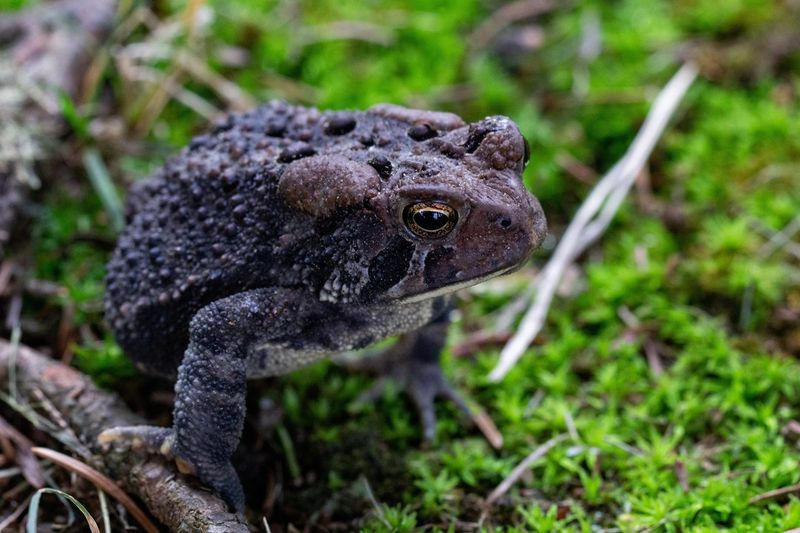
Warty skin and a distinctive trilling call make these amphibians familiar garden residents. They’re voracious insect predators, consuming countless garden pests each season.
Massachusetts regulations protect toads from collection or harm. Many gardeners across the state create toad houses from overturned flowerpots to provide shelter for these beneficial creatures that help control slugs, beetles, and other troublesome insects.
8. Red-Tailed Hawks
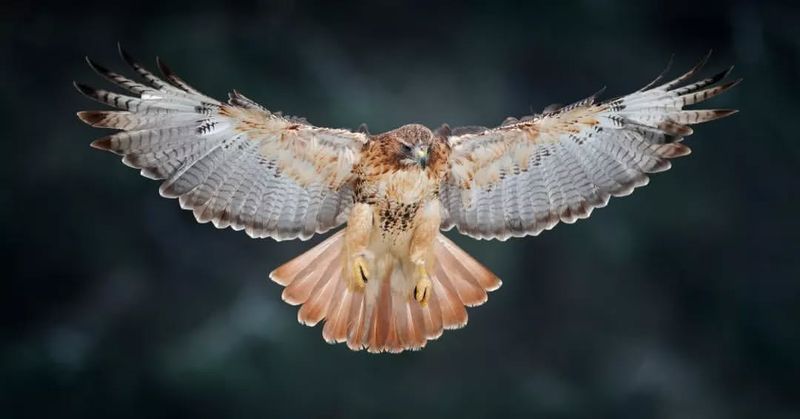
Majestic birds of prey with rusty-red tails, these hawks help control rodent populations naturally. You’ll often spot them perched on trees or telephone poles scanning for their next meal.
Massachusetts wildlife laws strictly protect these raptors, their nests, and even the trees they use. Homeowners across the Bay State who discover nesting hawks on their property must avoid disturbing them during breeding season, as interference carries significant penalties.
9. Wood Frogs
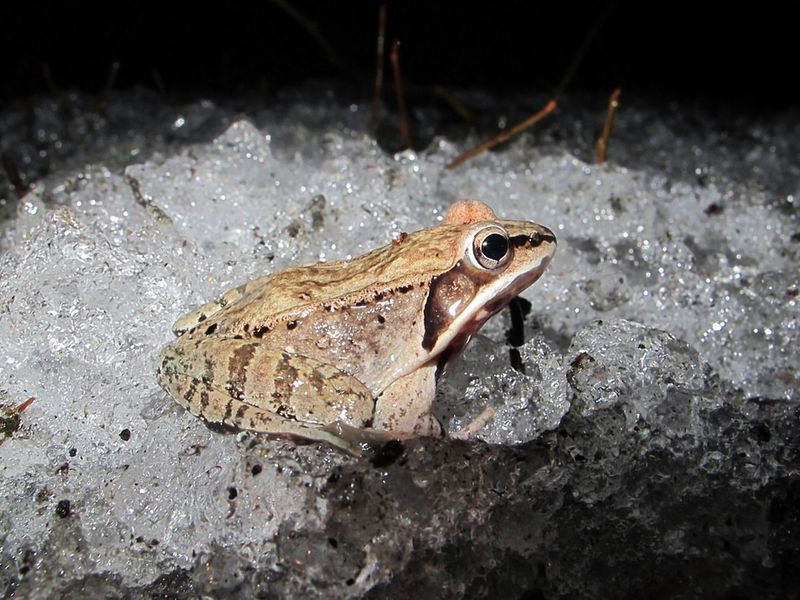
Among the first frogs to emerge in spring, wood frogs have a distinctive dark mask across their eyes. Their explosive breeding gatherings in vernal pools are a true Massachusetts springtime spectacle.
State law protects these remarkable amphibians that can actually freeze solid during winter. Many Massachusetts conservation organizations work with homeowners to identify and protect the temporary woodland pools these frogs need for breeding.
10. Monarch Butterflies
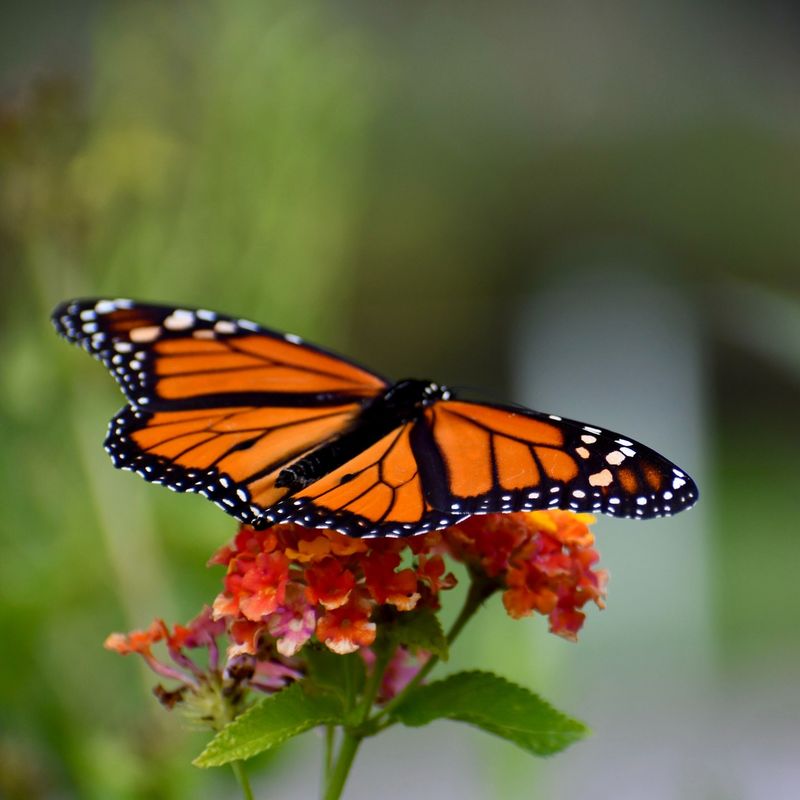
Orange wings with black veins make monarchs one of our most recognizable butterflies. Their amazing migration and declining numbers have earned them special protection status in Massachusetts.
State conservation efforts encourage homeowners to plant native milkweed in their gardens. Many Massachusetts communities have created butterfly gardens in public spaces, highlighting the importance of protecting these beautiful insects throughout their life cycle.
11. Honeybees
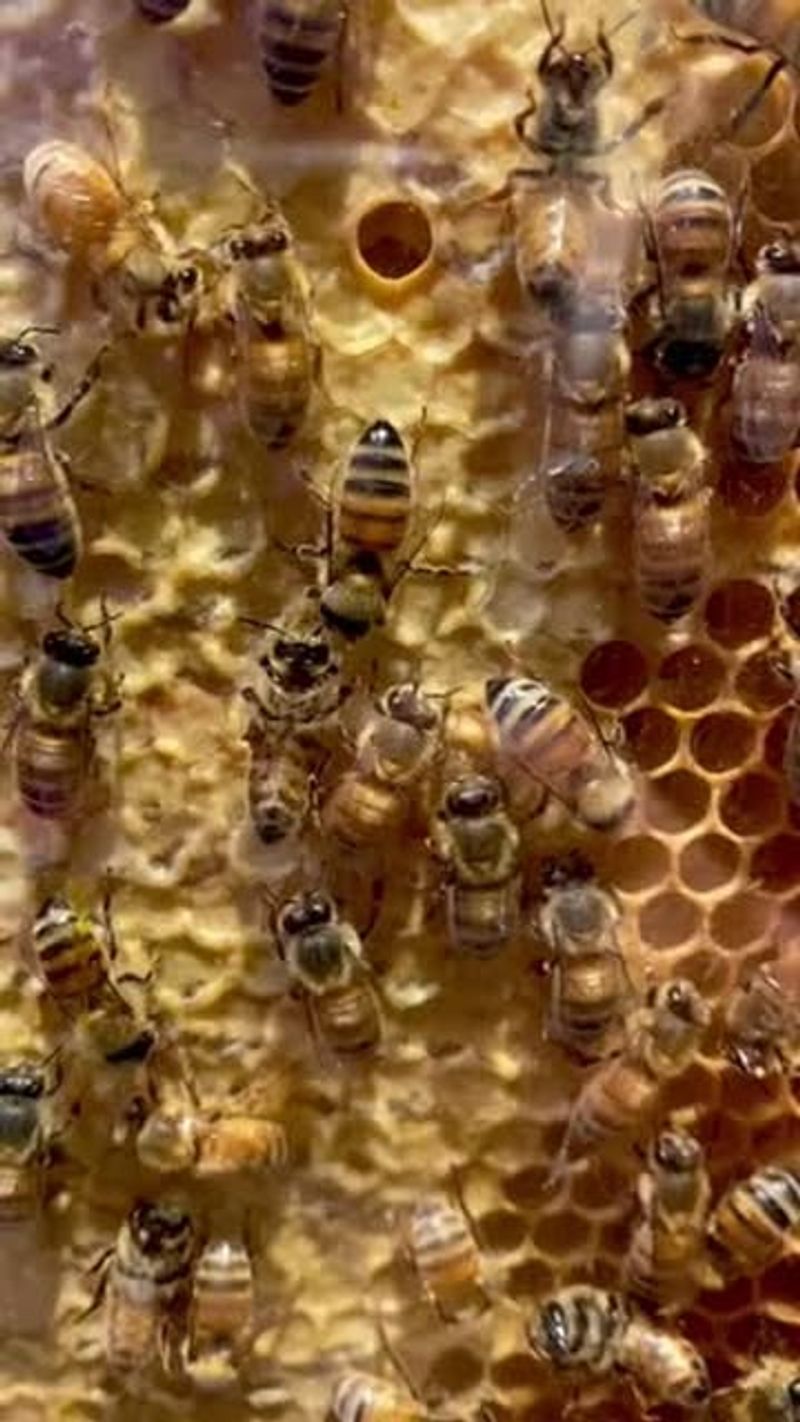
Fuzzy yellow and black bodies buzzing from flower to flower, honeybees are crucial pollinators. Massachusetts has specific protections for these industrious insects due to their agricultural importance.
State regulations limit pesticide use that might harm bee populations. Many Massachusetts gardeners now maintain pollinator-friendly spaces with native flowering plants, creating safe havens for these protected insects that ensure our fruit trees and vegetable gardens remain productive.
12. Red Foxes
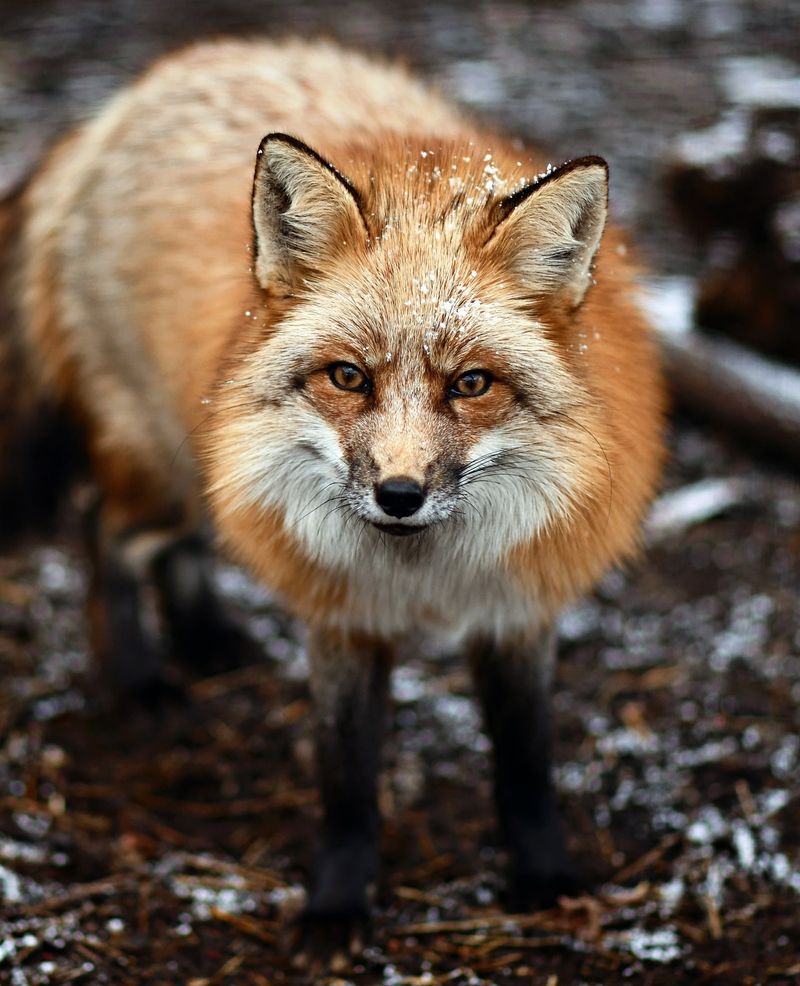
Rusty-red fur and bushy white-tipped tails make these clever predators distinctive visitors. Though they occasionally raid gardens, foxes primarily hunt mice and voles that damage plants.
Massachusetts wildlife laws protect foxes from harassment or harm, even when they den on private property. Many homeowners across the Bay State have learned to appreciate these beautiful mammals that help maintain the ecological balance in suburban and rural areas alike.

